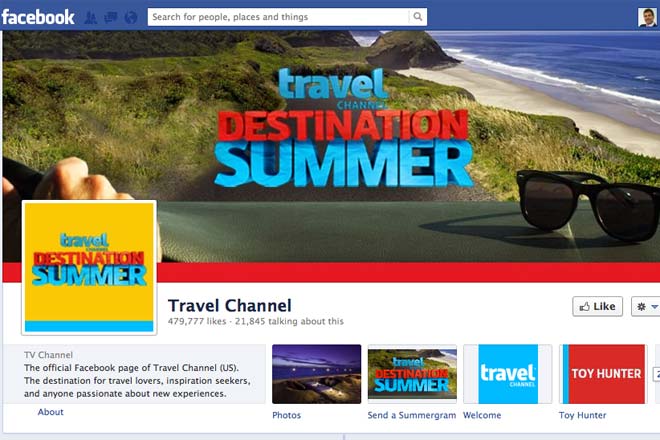Facebook Groups and Pages are different ways in which communities of people come together around a common shared interest or topic. A Facebook Group is a virtual area where members of specific common interests connect, share and collaborate on a given topic or idea. e.g. people interested in soccer or photography. On the other hand, a Facebook Page is useful for brands, public figures, companies and organizations to broadcast information to their fans (or people who like to follow them).
Comparison chart
Group Members vs Facebook Page "Fans"
People who belong to a Facebook group are called members. People who "like" a Facebook page used to be called "fans". In 2010 Facebook changed the nomenclature from "Become a Fan" to simply "Like". Emotionally, there is a lower barrier to entry in saying you "like" something than in saying that you are a fan. So Facebook took this step to encourage more engagement between individuals and pages.
Sending Messages
As the administrator or the creator of a Facebook Group, you have the luxury to post messages directly into the Inbox of all your members. This feature comes in handy, only if your member count is less than 5000. Once it reaches 5000 or more, you will be unable to send direct messages to your members.
Facebook Pages do not allow creators / administrators to send messages into Inboxes of "fans".
Indexing by Google
While both Groups and Pages provide search engine optimization to users in conjunction with other applications, Facebook Pages provide more opportunities than Groups do.
Targeted Posts
Facebook Groups do not have an active feature where posts, information or any other data can be sent to a specified audience only.
Facebook Pages have a unique feature where in you can target the information you want to send out to audiences based on language and location. If you have members from around the globe and you wish to send out information to the English speaking audience only, you can set that as your preferred setting and send out the information.
Applications
Facebook Group does not support a customizable application feature.
Facebook Pages, on the other hand, support applications. You can customize the page as you like with addable applications. You can add more tabs and other features with the help of external applications.
Membership
A Facebook Group can be categorized into Open, Closed and Secret. An open group serves as well as a Facebook Page because there is no need for moderating membership. A closed group asks for the administrator to approve all members and a secret Facebook Group does not show up in searches and can be accessed only by invitation.
A Facebook Page remains public and does not have an option to make it private.
Engagement Metrics
Facebook Groups do not have a provision for creators or administrators if they need a demographic break up of their audiences.
Facebook Pages, on the other hand, help administrators to get detailed analysis about the fans and the activities they are engaging in. These details enable the administrators to check the total interactions, comments, wall posts and ‘likes’ that the users have indulged in.
Widgets
Facebook Groups have no widgets that enable members to become fans.
Facebook Pages can help an administrator to convert visitors into fans by supplying them with a ‘Become a fan’ widget.
Additional username or Vanity URL
Facebook does not provide any vanity URL or username facility for groups.
A Facebook Page, on the other hand, enjoys this unique feature. This Vanity URL feature enables a company to claim a URL that is short, memorable and includes the company's brand. e.g. http://www.facebook.com/cocacola



 Reply
Reply  Facebook
Facebook  Facebook
Facebook  AOL Instant Messenger
AOL Instant Messenger  Google Talk
Google Talk
Comments: Facebook Group vs Facebook Page